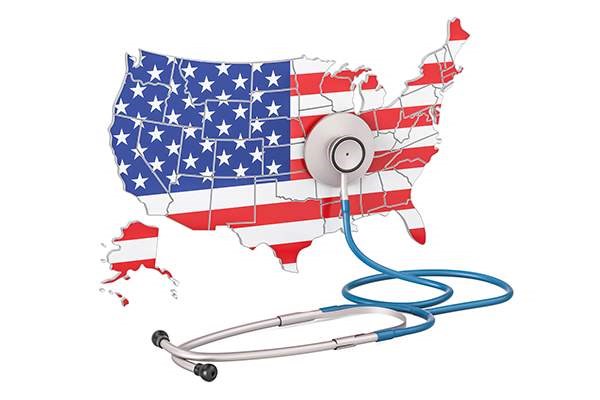Advocacy is second nature to emergency physicians. Whether it’s standing up to a difficult consultant or making an extra phone call to ensure that a patient has appropriate follow-up after discharge, advocating is a fundamental skill of EM and is paramount to our success as clinicians. However, the responsibility to advocate for our patients does not stop at the end of the shift.
Every day, key issues affecting our specialty are discussed throughout organized medicine and at all levels of government. Without our involvement, we stand the risk of others making these critical decisions without us. While most residency programs offer some form of didactic programming in the domain of advocacy and health policy, a great way to supplement this is to attend a regional or national advocacy conference. For those able to travel, the ACEP Leadership & Advocacy (LAC) conference in Washington, D.C., occurs annually and is an excellent opportunity to participate in EM advocacy at the highest level.
For learners who are hesitant to attend an advocacy conference due to a perceived inability to understand health policy, EMRA and the ACEP Young Physicians Section host a Health Policy Primer annually at LAC to bring the junior attendees up to speed on the essentials. While much of the core session content is available online, conference attendees interact directly with health policy experts and are able to ask questions in real time.
LAC is structured similarly to other major advocacy conferences. The programming begins with inspirational talks by specialty leaders and breaks off into multiple lectures and small-group sessions focused on public speaking and evidence-based advocacy strategies. Eventually, the groups converge back together, and the year’s advocacy initiatives are presented. Health policy specialists then break down the evidence supporting the initiatives and offer strategies for discussing the issues with legislators. Finally, conference attendees are shuttled to Capitol Hill for a full day of meetings with legislators in their congressional offices.
This year, several key advocacy initiatives were addressed at LAC.
First was the recruitment of support for a letter to the U.S. Food and Drug Administration requesting further investigation into the critical drug shortages plaguing hospitals across the country.
Second was the Alternatives to Opioids (ALTO) in the Emergency Department Act, created to support hospital implementation of non-opioid pain management protocols.
Next was the Preventing Overdoses While in Emergency Rooms (POWER) Act, proposed to support ED-based buprenorphine treatment as part of a comprehensive addiction treatment strategy.
Last was the reauthorization of the Pandemic and All-Hazards Preparedness Act (PAHPA), initially created in 2006 in the wake of Hurricane Katrina. While many components of PAHPA directly affect EM practice, there was special emphasis on addressing emergency drug shortages, solving multiorganizational communication deficiencies, and supporting military trauma training in civilian hospitals.
While the initiatives this year were carefully selected to represent the experience of a wide range of EDs, there remains a long list of ongoing issues that still require our attention. In this, there are unlimited opportunities for trainees to get involved in local and national advocacy efforts.
Of the upcoming issues facing EM, few are as potentially detrimental to our patients as the expanding practice by insurance companies of withholding ED visit reimbursement for certain patients whose visits are retrospectively determined to be non-emergent in etiology. A small group of insurance providers have started enforcing these policies in select markets, and we are approaching a critical point at which the practice may become more widespread.
If this controversial practice remains unopposed, the majority of our insured patients may soon face a dangerous reality in which the decision to come to the ED is based not on the concern for a life-threatening illness, but rather on the ability to pay an astronomical bill if the visit is ultimately ruled to be non-emergent. This injustice clearly illustrates the importance of emergency physician involvement in advocacy.
With patient lives at stake, it is imperative that students, residents, and fellows take an active role in advocacy. As the future leaders of the specialty, it is our responsibility to ensure that patients continue to receive the best care possible.



